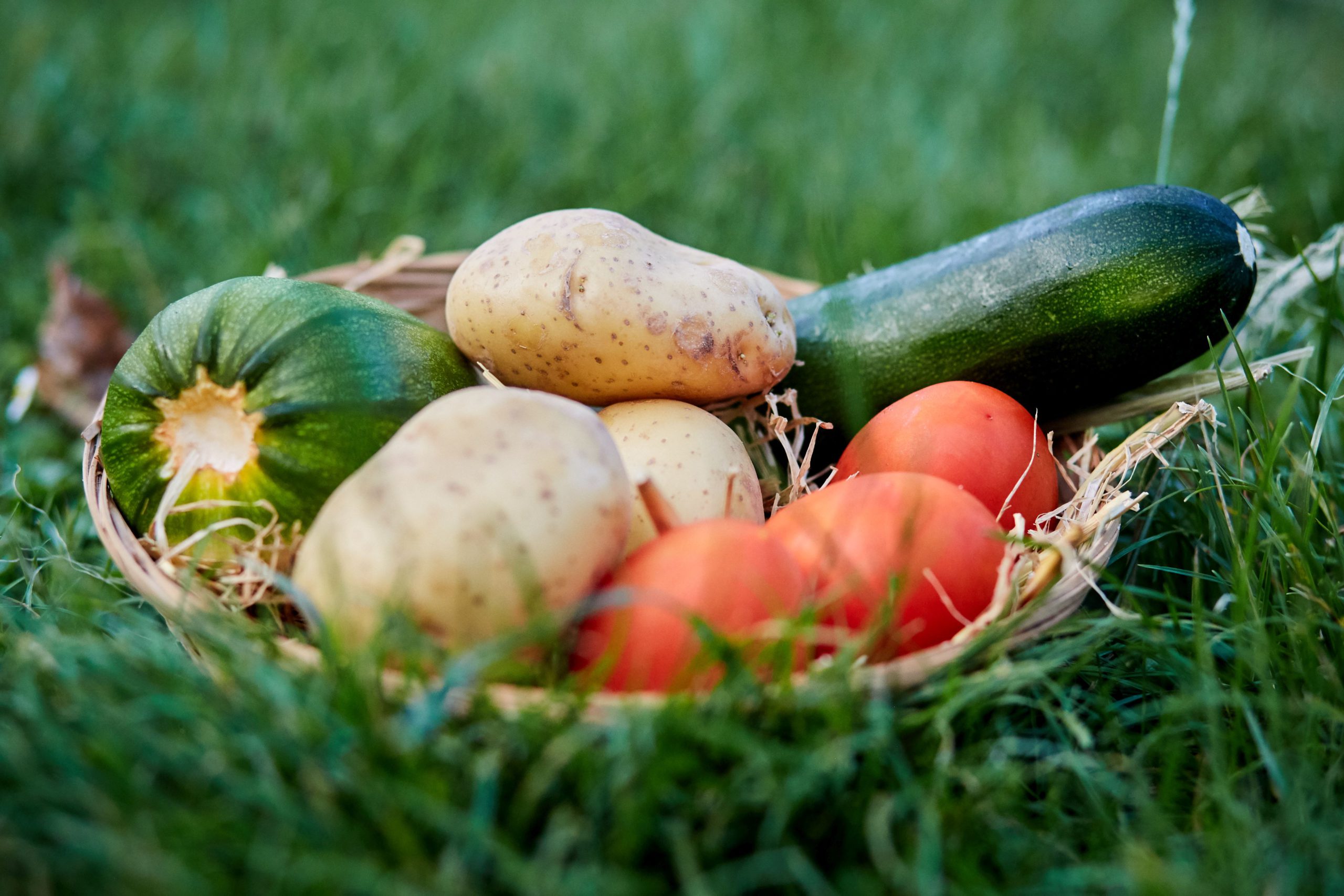Housing and food were the main driving force for inflation to reach 4.22 per cent in February, up from 3.88 per cent the previous month, for the highest figure seen in the last seven years – the period for which data is readily available.

New data released by the National Statistics Office (NSO) shows that the 12-month moving average rate for February stood at 2.13 per cent, with the largest upward impact on annual inflation measured in the food index (+1.72 percentage points).
The Retail Price Index (RPI) measures monthly price changes in the cost of purchasing a representative basket of consumer goods and services, and is closely linked with the Cost-of-Living Adjustment (COLA) increases and periodic rent payment adjustments.
The highest annual inflation rates in February 2022 were registered in housing (9.25 per cent) and food (8.02 per cent).

On the other hand, the lowest annual inflation rates were registered in water, electricity, gas and fuels (0.00 per cent) and clothing and footwear (0.94 per cent).
In February 2022, the largest upward impact on annual inflation was registered in the food index (+1.72 percentage points), largely due to higher prices of vegetables.
The second and third largest impacts were measured in the housing Index (+0.73 percentage points) and the transport and communication Index (+0.48 percentage points), mainly on account of higher prices of house maintenance services and motor vehicles respectively.
No downward impacts on annual inflation were registered for the month of February (Chart 3).
The housing index registered the highest annual inflation rate of 9.25 per cent, of which rent registered an annual rate of 0.19 per cent, materials for house maintenance registered an annual rate of 10.71 per cent, and services for house maintenance registered an annual rate of 10.83 per cent.
Rising prices have been a topic of major discussion over the last months as a supply chain crunch left many materials in short supply while shipping prices skyrocketed.
The Government recently sent cheques to around 380,000 – the vast majority of the adult population in Malta – to help mitigate these effects.
Two years since its birth, Moneybase features on Microsoft’s Customer Stories
Moneybase has now just been featured on Microsoft’s latest Customer Stories
Finance Minister confirms continuity of food and energy subsidies
Spending on food and energy subsidies as a percentage of the GDP will be at 0.7% in 2025
MHRA congratulates Glenn Micallef on EU role, highlights positive impact on Malta’s tourism and cultural sectors
The lobby group emphasised that Malta’s cultural assets and sports scene are key factors in attracting visitors and fostering economic ...






